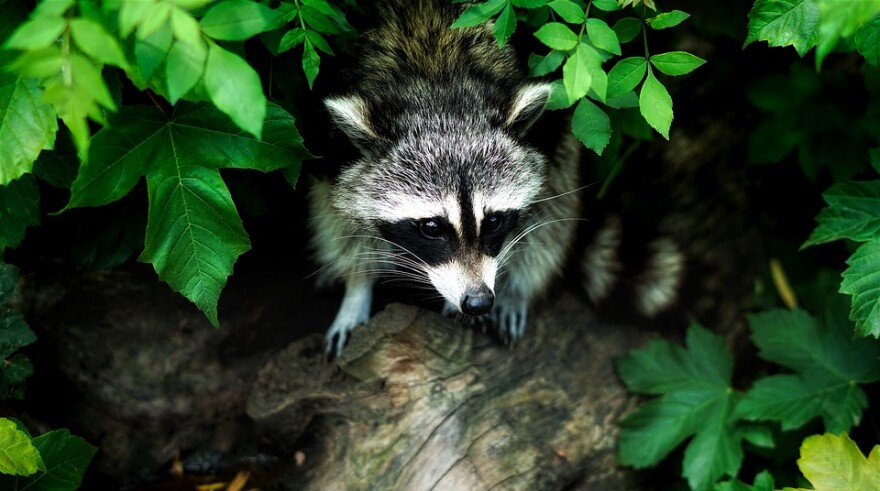A five year old boy in Texas was hospitalized after being mauled by a pet mountain lion kept by his aunt.
A Pennsylvania woman died after being attacked by her pet 350-pound black bear that she had raised from a cub.
A red fox pup was turned into a shelter by a family that had kept it in captivity. The fox became blind because it was not being properly fed.
A young boy in Utah who was attacked by his pet raccoon, required medical attention.
These are examples of people who've attempted to make pets of wildlife. In addition to the possible harm that could be done to wildlife animals being kept in private homes, keeping wildlife as pets also poses a danger to humans. In most states, private ownership of wildlife is illegal. These laws exist because wild animals have special needs and it is difficult to keep them healthy and alive in captivity.
Unlike our pets, wild animals are not vaccinated for diseases or dewormed. Nor do they see a veterinarian regularly. Consequently, the infectious diseases and parasites a wild animal may carry it can be harmful to you and to your pets.
Unpermitted wild animals may be seized immediately by the Utah Division of Wildlife Resources, the Department of Health, the Department of Agriculture and Food, local animal control officers or peace officers.
If you have an illegally held wild animal, your best course of action is to contact one of the agencies mentioned or a licensed wildlife rehabilitator.
If you want a pet consider this. Of the 3 million cats and dogs euthanized in shelters each year most are healthy and treatable and could have been adopted into new homes. More information at wildawareutah.org.


